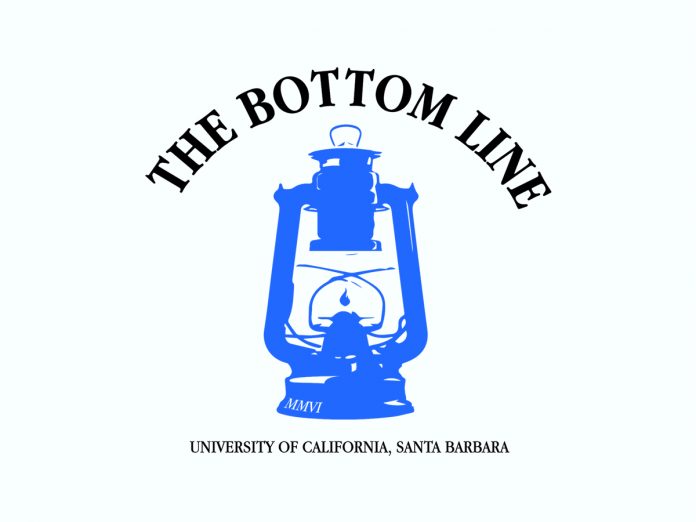Nkechi Ikem
Staff Writer
UC Santa Barbara students have grown to love the Facebook page UCSB Zesty Meme Cuisine for Horny Teens for campus-related memes about relatable problems such as how far Harold Frank Hall is, while saving the UCSB Free & For Sale page for threats to tow someone’s car in your parking spot. Dedicated to similarly relatable content, a new page called Overheard at UCSB has been gaining popularity among students while filling its own niche.
Four students at UCSB — Adil Troung, Michelle Vu, Ashley Ocampo, and Jacky Chen — are behind the creation of the Overheard at UCSB page. Troung, a second year computer science major, was also one of the founders of the UCSB Zesty Meme Cuisine page.
Similar to the inspiration behind UCSB Zesty Meme Cuisine for Horny Teens, Troung says Overheard at UC Berkeley inspired him and Vu to make a similar page for UCSB. And though Troung is behind the creation of both, he now prefers the Overheard page.
“Currently I like Overheard better,” Truong told The Bottom Line. “At least this one is a little more organic, too. Instead of spending so much time editing pictures.”
Like UCSB Free & For Sale complaints, Overheard is text-based and doesn’t require too much knowledge of Internet culture or trending meme formats. But more like UCSB Zesty Meme Cuisine for Horny Teens, posts on the Overheard page are designed to be funny and relatable.
The first step of a post on the Overheard page is supposed to be overhearing a conversation. Sometimes, members don’t adhere directly to this rule. Some use something a friend has directly told them, while others may post what a professor has said in class.
Some posters have even been suspected of making up conversations. Chen, a second year pre-economics and accounting major and one of the moderators of the page, says that he definitely thinks some of the posts are fake.
“There have been some really long posts. I’m just like, how do you remember eavesdropping that much of the conversation,” said Chen. “So definitely, there have been fake posts.”
Once overheard (or not), the poster formats the conversation to be anonymous. A post might use distinguishers like “girl 1” and “girl 2.” Or, one might use such placeholders as “a concerned Gaucho.”
Like any page, the popularity of a post is determined by how many reactions it garners. However, popularity isn’t really the result of one’s keen eye in creating a well-made meme, but rather a keen ear in overhearing conversations and accurately determining what will be relatable to others.
Because it is relatively frequent that students overhear conversations, Michelle Vu, a second year communication and global studies double major, says that the page has “consistently more popular posts.”
Posts frequently garner 100 likes or more. The best posts attract 500 reactions or more. But what distinguishes a good post from a great post?
Anderson Wu, a first year pre-biology major, received more than 530 reactions to his post. It reads, “I applied to Berkeley and I didn’t get in … just like you guys,” which he overheard from a sociology professor.
“When that professor made that joke, a lot of people laughed,” said Wu regarding his decision to post that comment. “So I felt like it was something a lot of people could relate to.”
Natalia Dye, second year economics and communication double major, posted about having overheard a female peer at Extravaganza saying, “He tags her in memes so I assume they are dating.” That post received more than 790 reactions. Dye says the key to a good post is timing and patience.
“I definitely hear other things said and I’ve thought, yeah that’s kinda funny.” Dye said. “But you just have to wait until you are really sure it’s the right one.”











